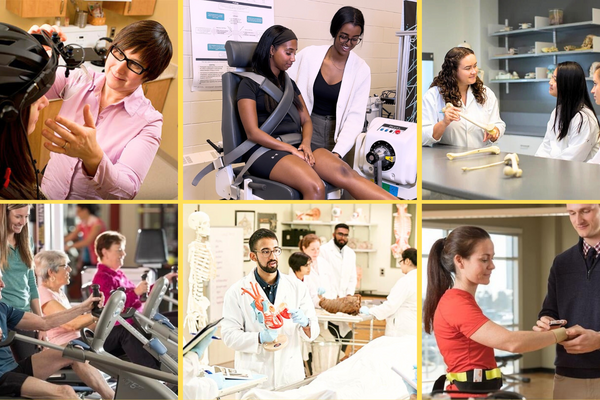The University of Waterloo has the largest work-integrated learning program of its kind in the world.
One year after the start of the pandemic, we spoke with Norah McRae, Associate Provost, Co-operative and Experiential Education (CEE) at the University, to learn how COVID-19 has impacted co-op students, how students found jobs during the pandemic and how the program intends to prepare students for the future of work in a post-pandemic economy.
How is Waterloo’s co-op program different from what it was a year ago?
Student mental health has become even more important this year due to the stress of the pandemic, so our program now includes two new embedded wellness counsellors to provide 1:1 mental health support for students on recruiting terms, work terms and preparing for work terms.
The past year has demonstrated how volatile and uncertain our world is and that we needed to ensure our students had the skills they needed to thrive. We developed our Future Ready Talent Framework, which identifies twelve key talents students need for the future of work. Part of our efforts to help them develop these talents was the creation of a new Digital Skills Fundamentals course. Students can now upskill with courses on digital and video marketing, sales, problem-solving, web design and cybersecurity.
We also prioritized flexibility in the program by altering our placement requirements and allowing students to either complete their work terms early, or when possible, to complete their work terms remotely. As the economic impact became clear, we worked with other co-op programs and the national accrediting body CEWIL to temporarily shift the co-op credit requirements from a 16-week to an eight-week minimum to provide better flexibility for students and employers.
Did the pandemic affect how many students were able to find work?
We found placements for more than 19,000 students between the Spring 2020 and Winter 2021 terms. Strong relationships with our global networks of 7,100 employers and alumni helped us to find more placements in organizations that already hire and discover new opportunities for our students.
The University itself also created over 700 online learning assistant roles. This helped the faculties create infrastructure to successfully launch online courses.
What does the future of work look like for co-op students in a post-pandemic economy?
The future of work is impossible to predict. Jobs and career paths as we understand them today are going to fundamentally change in ways that we have not imagined or created yet.
What we can say with absolute certainty, is that an adaptable, resilient workforce is key to economic recovery – just as an adaptable and resilient student body and co-op program has been the key to keeping students employed during the pandemic.








